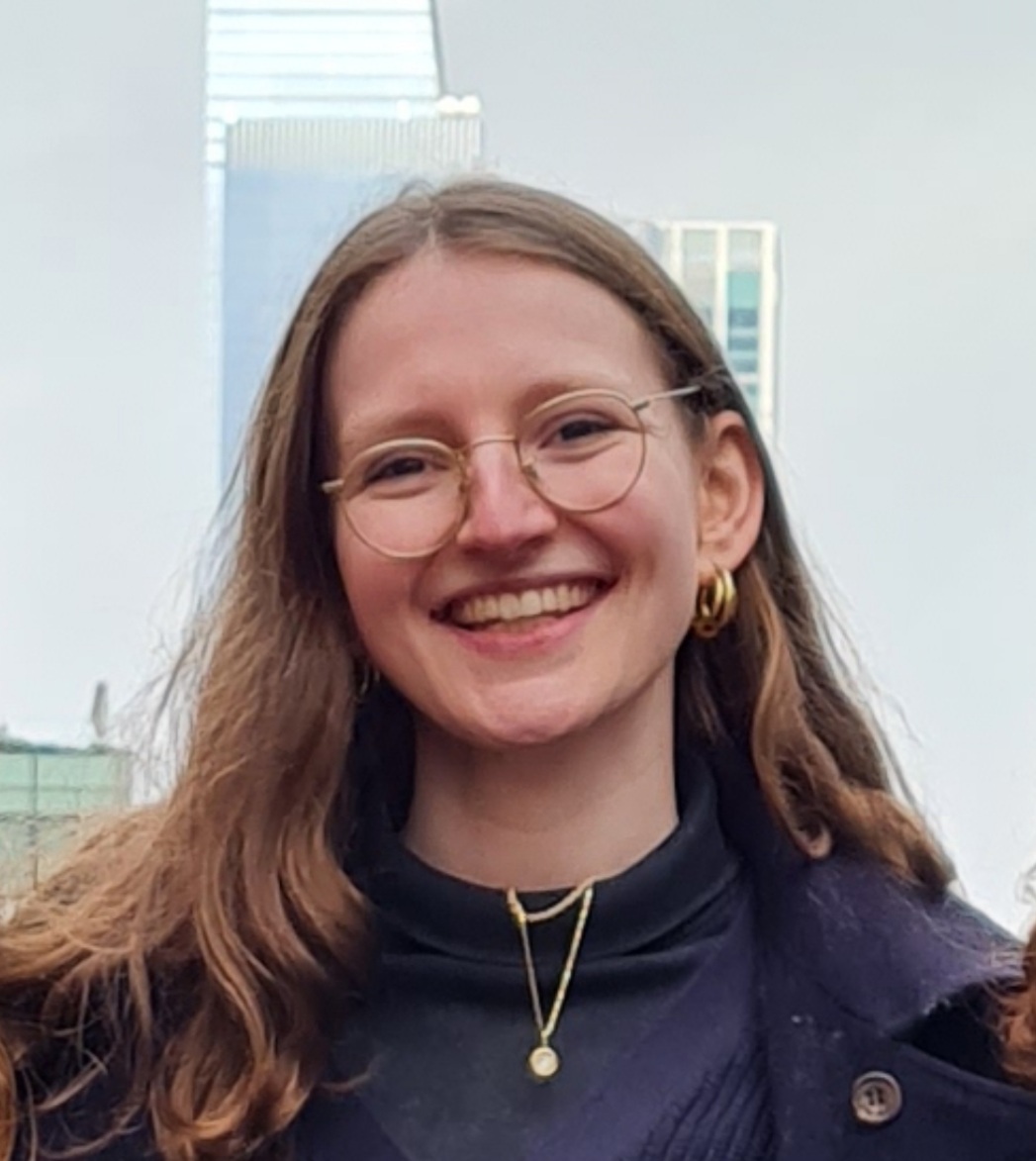‘A father and son are in a horrible car crash that kills the dad. The son is rushed to the hospital; just as he’s about to go under the knife, the surgeon says, “I can’t operate – that boy is my son!”’.1 How is this possible?
If you didn’t guess that the surgeon could have been the boy’s mother, then you’re in good company. In a study by Mikaela Wapman and Deborah Belle, 75% of children and 76% of psychology students also didn’t reach the same answer.¹ But what makes this old riddle a riddle? Is it that the answer is concealed by some play on words or double meaning? Or are the biases we hold about women and their place professionally so deeply embedded within us that this answer becomes unclear?
In fact, just over 150 years ago this would not have been a riddle at all, but probably a nonsensical joke. During the advancement of modern medicine and the establishment of medical schools in the UK during the late 1700s,2 women were actively excluded from studying and practising medicine.3 It wasn’t until 1869 that the first ever female medical students managed to enrol. The “Edinburgh Seven”, as they came to be known, faced challenges throughout their medical school education and were even prohibited from graduating at the end of their studies.4 Finally, in 1875, the law changed which enabled women to receive medical licences so that they could study and practice medicine in the UK on, theoretically, the same standing as men.3 The history of female medical students is perhaps unsurprising given that it is less than 100 years since women received the right to vote on the same terms as men.5 Yet, I wonder what artefacts of gender bias we see today because of women’s 150 year late inclusion into the field of modern medicine. Would the answer to the riddle above have been obvious? Would we see more women in the most senior clinical roles? Would we see less gender bias in medical research? Would our workplaces pose fewer barriers for women and working parents?
Thankfully over the years we have reached a place where the number of women in medicine is heading in the right direction, with 46% of UK registered doctors6 and the majority of medical students since 2009 identifying as female.7 I’m sure in a few years the percentage of women practising medicine will reflect that of the wider population. Nevertheless, when you begin to dig deeper into the data and the personal experiences of women as doctors, it highlights how far we still have to go. Only 36% of consultants and 39% of associate specialists are female6 and the experiences of many, if not all, female doctors will be riddled with gender bias. For example, a BMA report found 61% of women felt that because of their gender, they had been deterred from entering into a specialty.8 Furthermore, gender bias has a variety of insidious consequences which we must address. Left unchallenged, it can continue to permeate our workspaces resulting in sexist cultural attitudes, with the BMA report finding 91% of women had faced sexism at work in the last two years,8 escalating through to misogyny and gendered violence.9
However, it’s important to note gender bias will be encountered by individuals in very unique ways. Sadly, data on people’s experiences of it and its intersection with religion, ethnicity, disability or sexual identity, for example, is difficult to find. If our fight to overcome gender bias is to be equitable and equal, we must do more to understand the varied experiences of women and marginalised genders who face multiple forms of bias.
So when we work to #BreakTheBias, we must look beyond the statistics because women are more than a number. Women are multifaceted beings who are facing and trying to overcome biases every single day. Let’s push for equal access to the same opportunities, the same pay and the same respect, not only for some, but for all. I look forward to working in a cohort of doctors that are embraced, not disadvantaged, for the differences that make them reflective of the population they’re serving.
References
- https://www.bu.edu/articles/2014/bu-research-riddle-reveals-the-depth-of-gender-bias/
- https://medschoolgenie.co.uk/resource/establishment-dates-uk-medical-schools
- https://academic.oup.com/bmb/article/114/1/5/246075
- https://www.bbc.co.uk/news/uk-scotland-edinburgh-east-fife-47814747
- https://www.parliament.uk/about/living-heritage/transformingsociety/electionsvoting/womenvote/overview/thevote/
- https://digital.nhs.uk/data-and-information/find-data-and-publications/supplementary-information/2018-supplementary-information-files/analysis-of-the-representation-of-women-across-the-hospital-and-community-health-services-workforce
- https://www.gmc-uk.org/-/media/documents/the-state-of-medical-education-and-practice-in-the-uk—workforce-report_pdf-80449007.pdf
- https://www.bma.org.uk/media/4487/sexism-in-medicine-bma-report.pdf
- https://www.bma.org.uk/news-and-opinion/sexism-and-surgery

Amira Tankel
Amira Tankel is a fourth year medical student at the University of Sheffield who is currently undertaking a 2 month elective placement with the National Healthcare Inequalities Improvement Team. Healthcare inequalities is a keen interest of Amira’s and she spent the previous academic year intercalating in Global Health, exploring this topic further. During her spare time at university, she has volunteered for a youth leadership organisation and been involved in the university’s feminist society.
I have read and understood the BMJ Group policy on declaration of interests and declare the following interests: None.